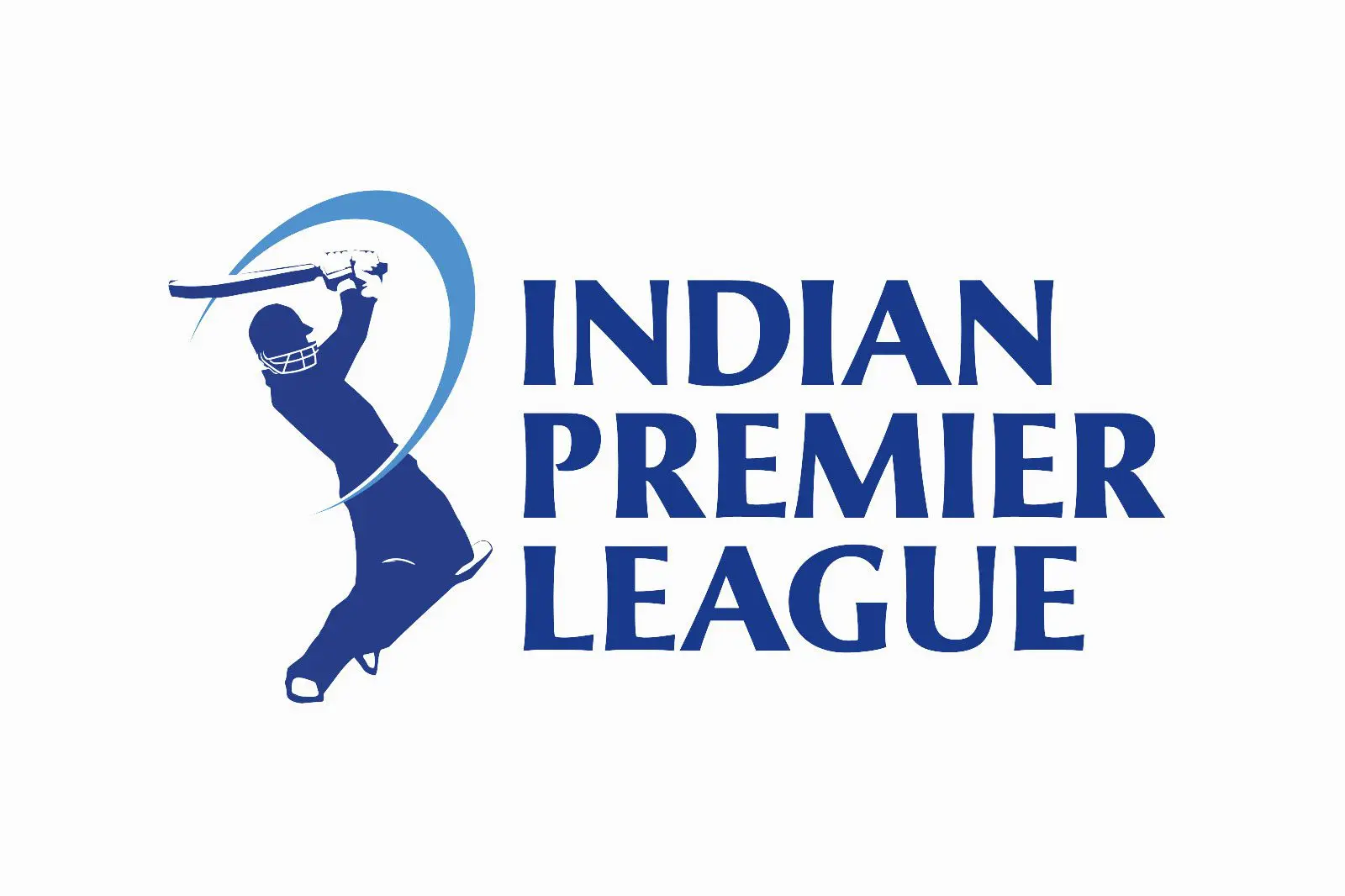Caesars Sportsbook has become the first gaming operator in the USA to acquire digital sports betting market access in Maine after signing a terms sheet with three tribes in the state on May 6.
Maine has four tribes, all of which are collectively referred to as the Wabanaki Nation. Of the four gaming tribes, Caesars partnered with the Penobscot Nation, the Houlton Band of Maliseet Indians, and the Mi’kmaq Nation, leaving out the Passamaquoddy.
Land-based and online sports wagering were made legal in the state last spring for only the four Maine tribes. Each tribe was authorised to operate one betting platform per law. They were also granted iCasino exclusively in the future.
Caesars’ deal with these three tribes allows the gambling operator to access up to three branded platforms or just one under its name. If this happens, residents of the state will have their options for online sportsbooks reduced from four to two.
Maine also has two available retail casino licences, which can be applied for by its two casino owners, Churchill Downs and Penn Entertainment, or other interested parties.
“We are proud to be chosen by the Houlton Band, Mi’kmaq, and Penobscot, as they have championed the legislation to bring significant revenues to their members and the state of Maine,” President of Caesars Digital, Eric Hession, said.
“We look forwards to working with the governor’s office, the Gambling Control Unit, and other stakeholders to bring Caesars Rewards and Caesars Sportsbook, our leading mobile sports betting app, to Maine with a strong focus on responsible gaming.”
Governor Janet Mills reportedly signed the gaming law as a form of peace offering to the state’s gaming tribes. Tribes in Maine, notably, do not have as much sovereignty or recognition as those in other regions.
The tribes have tried to gain more recognition over the past decades but failed in the face of the 1980 Maine Indian Claims Settlement Act. It limits the sovereignty of the tribe, and attempts to request assistance are prohibited under the laws in place.
In a statement about the new deal, Penobscot Chief Kirk Francis referred to Caesars as a gaming operator with “extensive experience, knowledge, and a reputation of excellence in partnering with other tribes across the country.”
“Our agreement with Caesars provides that the Tribes will receive annual mandatory minimum payments once we begin operations.,” he said.
“The tribes will receive much more than these minimum payments if the market performs as expected. We will get a better sense of these revenue numbers as the industry develops in Maine.”
Per the gambling laws in Maine, tribes or their gaming operator partners were required to pay a 10% tax to the state from their GGR. The law also prohibited individuals younger than 21 from betting and banned wagers on local colleges in Maine.
Francis emphasised the importance of the partnership with Caesars and how it would help the tribes secure resources. He also stated that it was their first step to building a tribal gaming enterprise in the state.
The Maine Gambling Control Unit has yet to decide on a launch date and is currently focused on the proposed gaming laws and public input.










